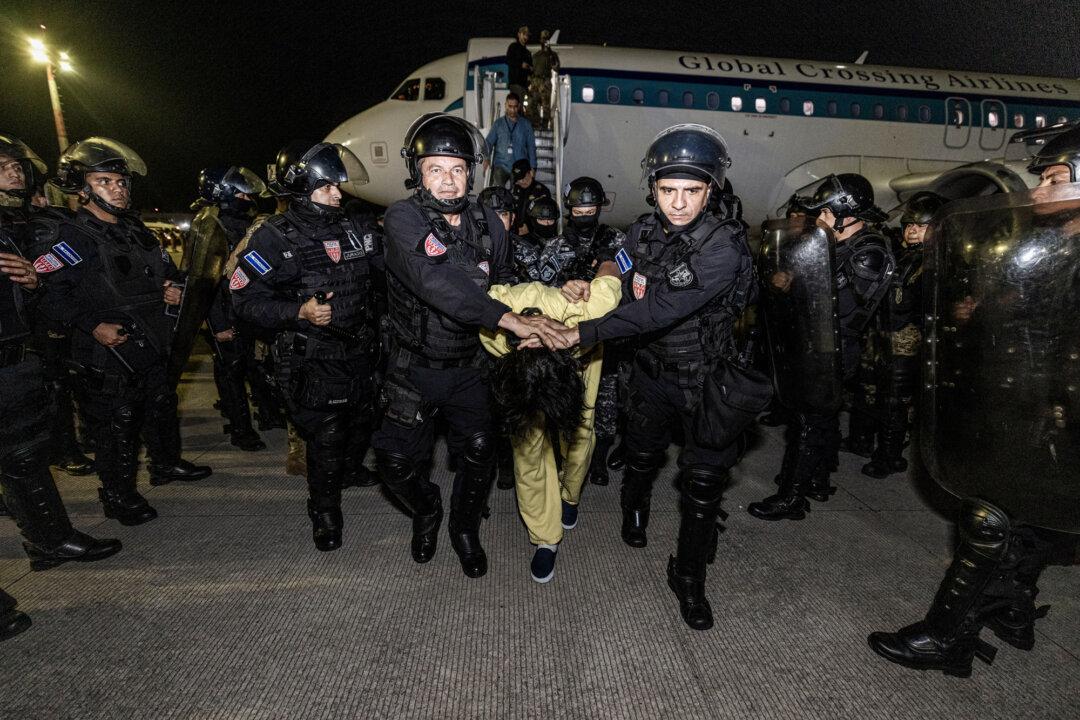A federal judge in Pennsylvania has ruled that President Donald Trump validly invoked the Alien Enemies Act in March as part of an effort to deport Venezuelan gang members.
More specifically, U.S. District Judge Stephanie Haines held that the gang—Tren de Aragua (TdA)—was engaging in the type of “predatory incursion” that the Alien Enemies Act mentions.





